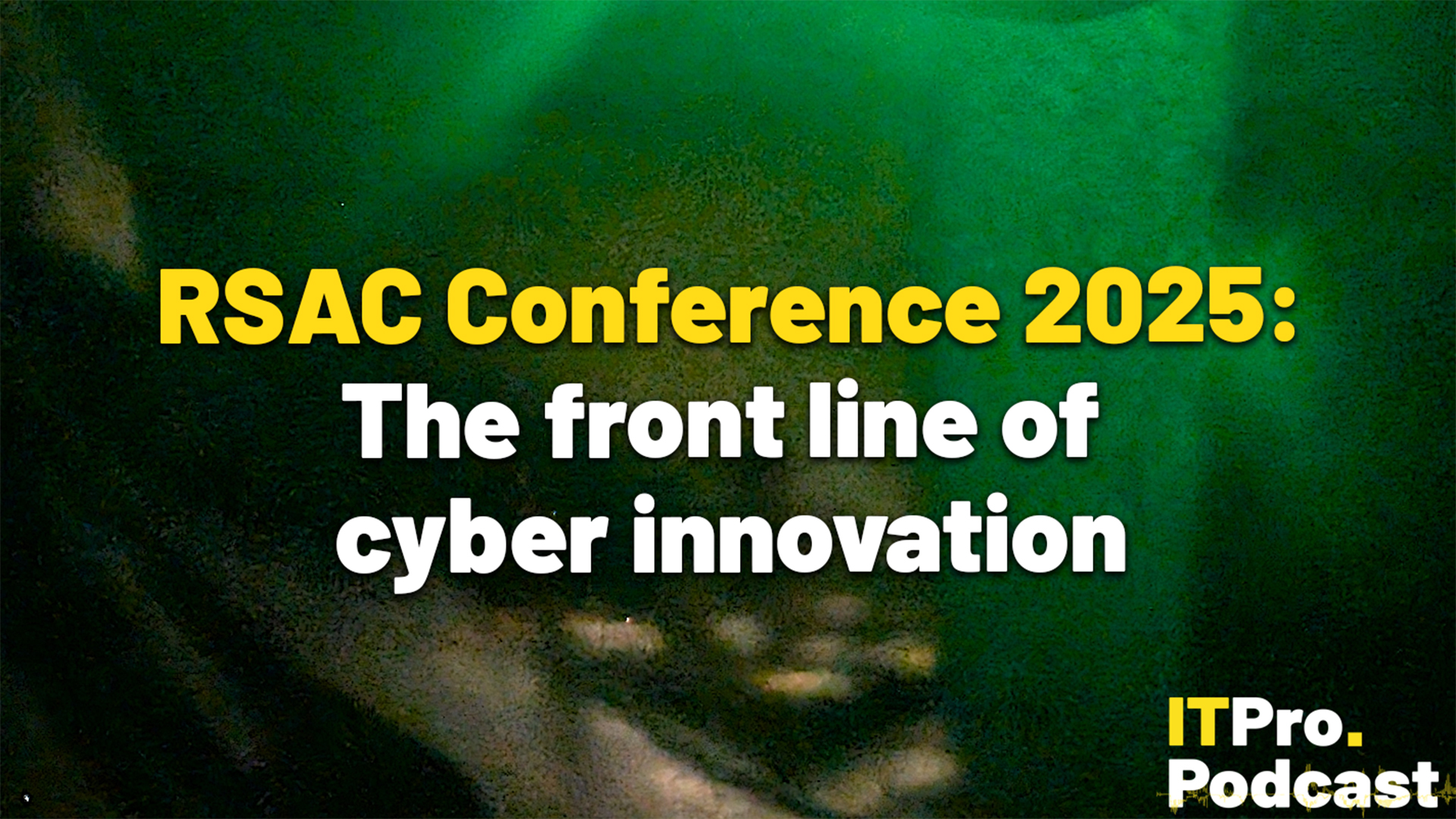Protecting the public sector from hackers
With the public sector facing increasingly sophisticated threat actors, leaders need centralized security plans and better communication


While the private sector makes a lucrative target for threat actors, the public sector is also under constant threat of cyber attacks.
In October 2023, the British Library was hit by a major ransomware attack and the founder and CEO of the National Cyber Security Centre (NCSC) Ciaran Martin told the BBC that recent attacks on the UK’s National Health Service were not surprising given its outdated systems and cyber policies.
But what might these updates look like? And on a national level, what can be done to protect the public sector from further attacks?
In this episode, Jane and Rory speak to Jonathan Lee, public sector lead at Trend Micro, to discuss the attacks targeting the public sector and what can be done to stop them.
Highlights
“I think what we're starting to find is all of these things are providing citizens with a service, whether it be something that's as critical as your health and your physical wellbeing and your mental wellbeing, in the case of the NHS, or critical services that the likes of a council in Cheshire are providing, if the rubbish is not collected this public health issue there as well. So all of these things are important, there's obviously always going to be a scale that operates at like I mentioned, catastrophic harm, obviously the ultimate catastrophic harm is someone losing their life, which could happen as a result of a cyber attack on the NHS, for example. But then we've got the MoD, we've got all of these different areas that are open to threat actors.”
RELATED WHITEPAPER

“So doing the basics right, first and foremost, is really important. But then I think it's all about articulating the importance within an organization, be it a hospital, a government department, a local authority, or in education, it's about articulating from a technical level to the board, the importance of being resilient. Because cybersecurity is effectively a business risk.”
“I think we're further behind than we would like to be in that area around supply chain security. In fact, the NHS has just released a £4.3 million pound fender for a contract to review cybersecurity risks to critical NHS infrastructure, and obviously feels like it's a little bit late with what's happened to the Synnovis.”
Sign up today and you will receive a free copy of our Future Focus 2025 report - the leading guidance on AI, cybersecurity and other IT challenges as per 700+ senior executives
Footnotes
- Cyber attack forces London hospital trusts to suspend non-emergency operations
- King’s Speech: Security in the spotlight as government promises new efforts to lock down insecure IT supply chains
- NHS leaders are keen to adopt new digital tools, but IT can't solve problems on its own
- Everything we know so far about the NHS Dumfries and Galloway cyber attack
- Ransomware group publishes stolen NHS Scotland data to dark web
- British Library cyber attack fallout highlights public sector security weaknesses
- Public sector security debt is becoming a pervasive issue
- Security agencies warn of heightened threat to critical national infrastructure
- State-sponsored cyber attacks: The new frontier
Subscribe
- Subscribe to The IT Pro Podcast on Apple Podcasts
- Subscribe to The IT Pro Podcast on Spotify
- Subscribe to the IT Pro newsletter
- Join us on LinkedIn

Rory Bathgate is Features and Multimedia Editor at ITPro, overseeing all in-depth content and case studies. He can also be found co-hosting the ITPro Podcast with Jane McCallion, swapping a keyboard for a microphone to discuss the latest learnings with thought leaders from across the tech sector.
In his free time, Rory enjoys photography, video editing, and good science fiction. After graduating from the University of Kent with a BA in English and American Literature, Rory undertook an MA in Eighteenth-Century Studies at King’s College London. He joined ITPro in 2022 as a graduate, following four years in student journalism. You can contact Rory at rory.bathgate@futurenet.com or on LinkedIn.
-
 Trump's AI executive order could leave US in a 'regulatory vacuum'
Trump's AI executive order could leave US in a 'regulatory vacuum'News Citing a "patchwork of 50 different regulatory regimes" and "ideological bias", President Trump wants rules to be set at a federal level
-
 TPUs: Google's home advantage
TPUs: Google's home advantageITPro Podcast How does TPU v7 stack up against Nvidia's latest chips – and can Google scale AI using only its own supply?
-
 November rundown: CrowdStrike's insider threat
November rundown: CrowdStrike's insider threatITPro Podcast As CrowdStrike grappled with a malicious employee, Cloudflare suffered a major outage
-
 Getting a grip on digital identity
Getting a grip on digital identityITPro Podcast As AI agent adoption explodes, security leaders will need better identity controls than ever before
-
 Let’s talk about digital sovereignty
Let’s talk about digital sovereigntyIn the age of AI and cloud, where data resides is a key consideration
-
 Can cyber group takedowns last?
Can cyber group takedowns last?ITPro Podcast Threat groups can recover from website takeovers or rebrand for new activity – but each successful sting provides researchers with valuable data
-
 July rundown: Salt Typhoon and SharePoint scares
July rundown: Salt Typhoon and SharePoint scaresITPro Podcast US public sector organizations are under serious threat from the state-backed hacking group
-
 Can the UK ban ransomware payments?
Can the UK ban ransomware payments?ITPro Podcast Attempts to cut off ransomware group profits could instead harm businesses
-
 We need to talk about operational technology
We need to talk about operational technologyITPro Podcast Groups like Volt Typhoon are abusing poor hygiene in critical infrastructure to pre-position for attacks
-
 RSAC Conference 2025: The front line of cyber innovation
RSAC Conference 2025: The front line of cyber innovationITPro Podcast Ransomware, quantum computing, and an unsurprising focus on AI were highlights of this year's event